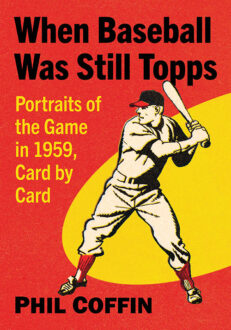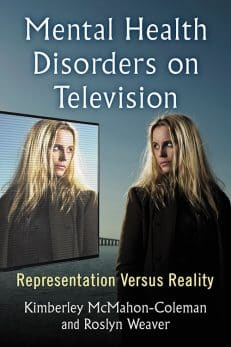Mental Health Disorders on Television
Representation Versus Reality
$39.95
In stock
About the Book
In past decades portrayals of mental illness on television were limited to psychotic criminals or comical sidekicks. As public awareness of mental illness has increased so too have its depictions on the small screen. A gradual transition from stereotypes towards more nuanced representations has seen a wide range of lead characters with mental health disorders, including schizophrenia, bipolar disorder, OCD, autism spectrum disorder, dissociative identity disorder, anxiety, depression and PTSD. But what are these portrayals saying about mental health and how closely do they align with real-life experiences?
Drawing on interviews with people living with mental illness, this book traces these shifts, placing on-screen depictions in context and demonstrating their real world impacts.
About the Author(s)
Bibliographic Details
Kimberley McMahon-Coleman and Roslyn Weaver
Format: softcover (6 x 9)
Pages: 183
Bibliographic Info: bibliography, index
Copyright Date: 2020
pISBN: 978-1-4766-7215-1
eISBN: 978-1-4766-4020-4
Imprint: McFarland
Table of Contents
Acknowledgments vii
Preface 1
Introduction 3
One. “I don’t pick up on signs”: Autism Spectrum Disorder 17
Two. “It’s a gift and a curse”: Obsessive Compulsive Disorder 43
Three. “Tell me who I am”: Schizophrenia and Dissociative Identity Disorder 66
Four. “The inspirational, the enthusiastic, the unusual”: Bipolar Disorder 91
Five. “Maybe I don’t have the right genetic make up”: Depression, Anxiety and Post-Traumatic Stress Disorder 116
Six. “The reality is much murkier”: Reality and Representation 137
Conclusion 158
References 161
Index 171
Book Reviews & Awards
- “Each chapter provides an extensive description of the television program and solid scholarly background/definition of the disorder under discussion….Both the bibliography and the detailed index enhance the utility of the volume….recommended”—Choice





